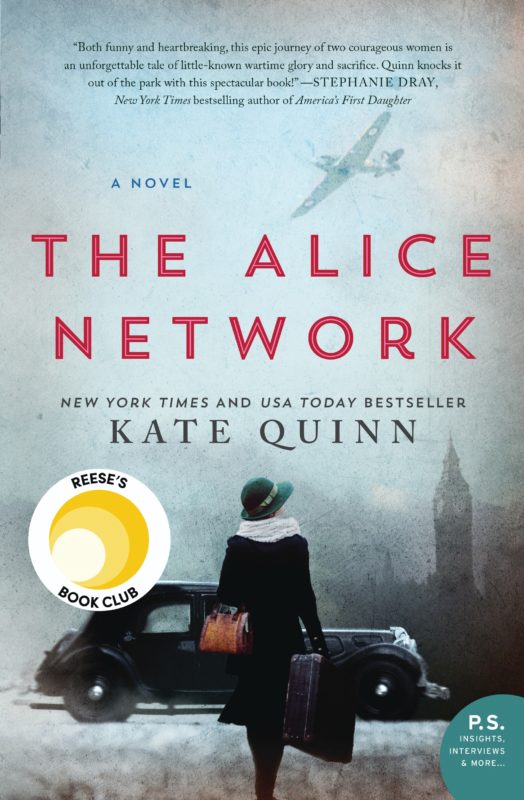Given that I just released a book about ancient Rome (buy here if you haven’t already!), I consider it my duty as an author to keep current in my field. This essentially means putting my feet up with a glass of wine to watch any movie or TV show set in ancient Rome, and calling it research. Given that this blog covers all things historical fiction, I decided to start posting reviews on historical fiction in film as well. What to start with?
My novel Mistress of Rome probably began with Kirk Douglas in the original “Spartacus,” and also owes something to HBO’s too-soon-canceled series “Rome.” But I decided to kick off my career as a movie reviewer with Starz’s re-modeled series “Spartacus: Blood & Sand.” For one thing it is still running, making it the most current dish out there for ancient history fanatics, and for another–well, it surprised me. I enjoyed “Spartacus: Blood & Sand” immensely, despite its faults, and will be looking forward to Season 2.
A few mild spoilers may follow.
For those of you who missed the promos everywhere, the new “Spartacus” is not so much a remake of the old Kirk Douglas story as history pumped up on steroids. There was a real gladiator named Spartacus who led a slave rebellion during the late Republic, and gave a lot of Roman senators sleepless nights. He was eventually defeated in battle and killed. Not much more is known than that: who the man was, why he rebelled, or how he did it. Stanley Kubrick made a surprisingly quiet and touching film which showed Kirk Douglas as a rebellious and passionate slave who during his gladiator training has finally Had Enough and launches a doomed mission to free every slave he can get his hands on, marry Jean Simmons, and get away before their child is born. Starz’s version of Spartacus is a lot more naked and a lot more gory, but who’s to say the events are any less plausible? After all, we have no idea what the real facts are.
Starz’s Spartacus is a noble warrior (with beard) who falls afoul of an evil legate and is sold into a gladiator school while his wife is sold into slavery. He becomes a gladiator (without beard), resolving to escape and get his wife back, but instead becomes the champion of Capua, making a few enemies along the way. That’s the bare plotline, but why bother talking plot? This show is all about style.
Notoriously, it’s shot in the semi-comic book style of “300,” and the arena violence is the stylized variety featuring slow-motion leaps and extravagant fountaining blood. Either you like that style or you don’t, so I won’t bother discussing it here. Personally, I think they overused the slo-mo in the arena fights, but real violence of the non-games variety was always filmed more realistically. Sometimes too realistically–I’m not too squeamish, but I would have preferred a cut-away during the scene where a pit gladiator was skinning a victim’s face off. Do not watch this show when you are eating.
The acting is good–Spartacus is noble and chiseled, and his gladiator buddies vary convincingly from thugs to good guys–the Gaul with the unlikely Marine flat-top was particularly touching, both bone-headed and deep of feeling. Spartacus’s wife is a trifle dreary, but she gets killed off halfway through, thank God. On the Roman side of the table we have the deliciously smarmy John Hannah (Scottish accent? whatever) and the depraved but always funny Lucy Lawless as his voracious wife (Australian accent? whatever!) There was also more historical accuracy than I had anticipated: the training exercises were authentic, as was the arena, a great deal of the Latin terminology, and much of the armor down to the ridiculous gladiator helmets.
There is a great deal of sex in the show: Lucy Lawless bangs a gladiator, Spartacus bangs his wife in flashbacks, John Hannah bangs pretty much anything that moves, and even when people aren’t banging there are still plenty of half-naked gladiators and slave girls walking around for eye candy. This will either offend you or it won’t, like the violence, so I won’t bother discussing it too much. I will say that while some things were blatantly inaccurate (surely slave girls wore more than that during the winter? Surely the gladiators didn’t walk around in loincloths all the time?) there were some things that were quite accurate. The lust that patrician women felt for star gladiators, much as today’s women fawn over movie stars. The casual attitude towards homosexuality and nudity. The nonchalance many slave-owners felt about sex with or in front of their slaves.
All in all, I had fun with “Spartacus: Blood & Sand.” It’s already been renewed for a second season, and I’m glad. I’m not getting into any kind of rating system here, so I will merely recommend it if you like sex and violence with a little history, or history with a lot of sex and violence.







